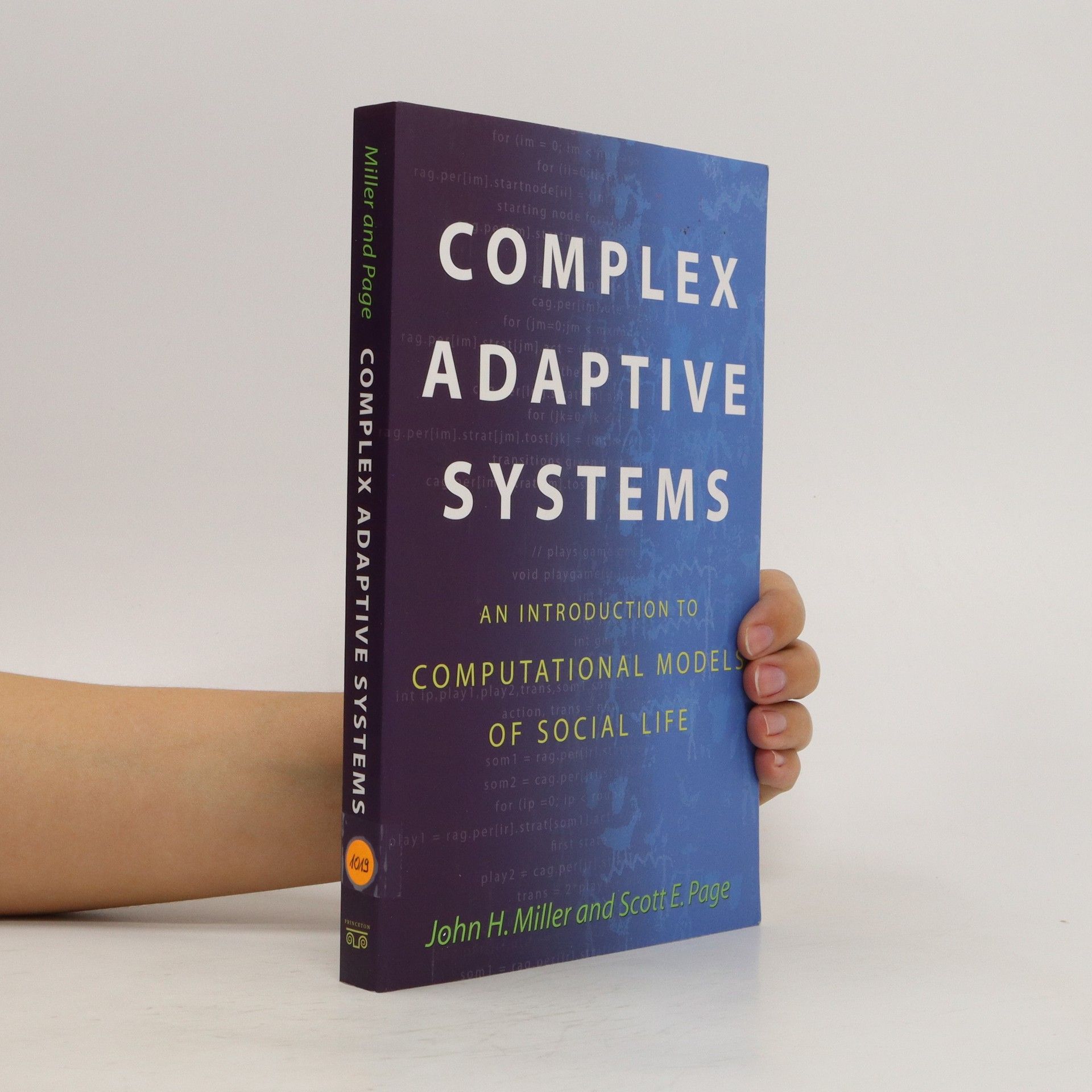This book provides the first clear, comprehensive, and accessible account of complex adaptive social systems, by two of the field's leading authorities. Such systems--whether political parties, stock markets, or ant colonies--present some of the most intriguing theoretical and practical challenges confronting the social sciences. Engagingly written, and balancing technical detail with intuitive explanations, Complex Adaptive Systems focuses on the key tools and ideas that have emerged in the field since the mid-1990s, as well as the techniques needed to investigate such systems. It provides a detailed introduction to concepts such as emergence, self-organized criticality, automata, networks, diversity, adaptation, and feedback. It also demonstrates how complex adaptive systems can be explored using methods ranging from mathematics to computational models of adaptive agents. John Miller and Scott Page show how to combine ideas from economics, political science, biology, physics, and computer science to illuminate topics in organization, adaptation, decentralization, and robustness. They also demonstrate how the usual extremes used in modeling can be fruitfully transcended.
John Howard Miller Books
This author delves into the exploration of economic principles through experimentation. Their work focuses on a deeper understanding of how economies function and on seeking novel approaches to economic challenges. Bringing an analytical perspective and precision honed by an academic background, this author's writing promises insightful and innovative perspectives on the world of economics. Readers can expect contributions that stimulate thought and offer fresh viewpoints on economic theory and practice.
